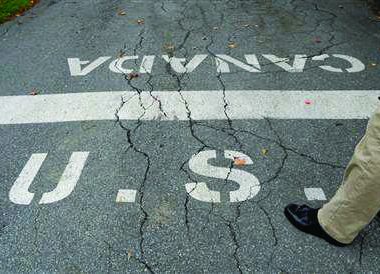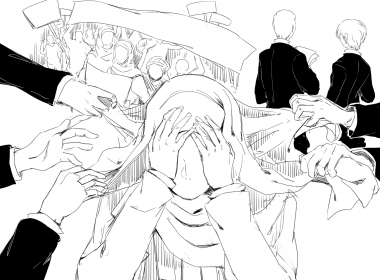On February 4, the Harper government unveiled its proposed Fair Elections Act, which, among other things, claims to simplify regulations, give law enforcement more autonomy, and increase the donation limit to campaigns. One of the more notable provisions would significantly strengthen voter identification requirements and dispose of the previous provision[Read More…]
Search Results for author "Helin Azizoglu"
The case for boycotts
With the Winter Olympics beginning and the Super Bowl just behind us, the spirit of sports is in the air. Along with increased attention to the players and teams themselves, the events have brought further awareness to the commercialism behind the athletics. Specifically, several commercials and social media messages have[Read More…]
Information sharing merits transparency
On Jun. 30, Canadian border officials plan to enact an extended data-sharing program with the United States in which more information from travellers at the U.S.-Canada border will be recorded and shared with other federal departments. These measures, which will serve as an expansion of the current “Entry-Exit Initiative,” will[Read More…]
Cultural appropriation in pursuit of a noble cause
This past week, several professors from McGill donned some of the religious symbols that the Parti Québécois (PQ) has deemed ‘ostentatious’ in protest of the proposed Quebec Charter of Values. This charter would forbid public sector employees, including university professors, from wearing such symbols. Among those falling under sanction are turbans, hijabs, kippahs, and large cross necklaces—small jewelry, however, would be allowed. Last week, political science professor Catherine Lu organized a campaign with University of Montreal professor Marie Joelle-Zahar that called for professors to wear these symbols in classes starting on Sept. 12
Syria situation demands critical analysis
In my final year of high school, I took a course on current affairs. My teacher was very enthusiastic about instilling an interest in being informed, but recognized our unwillingness to spend hours reading and writing during the dog-days of spring before graduation. Thus we spent most of our time debating social issues about which we were already relatively knowledgeable, and stayed away from discussing international issues that would require more in-depth background research to truly understand.










